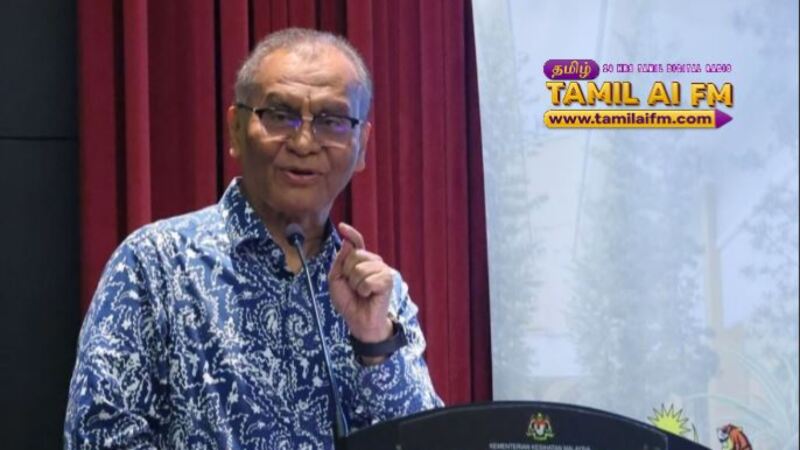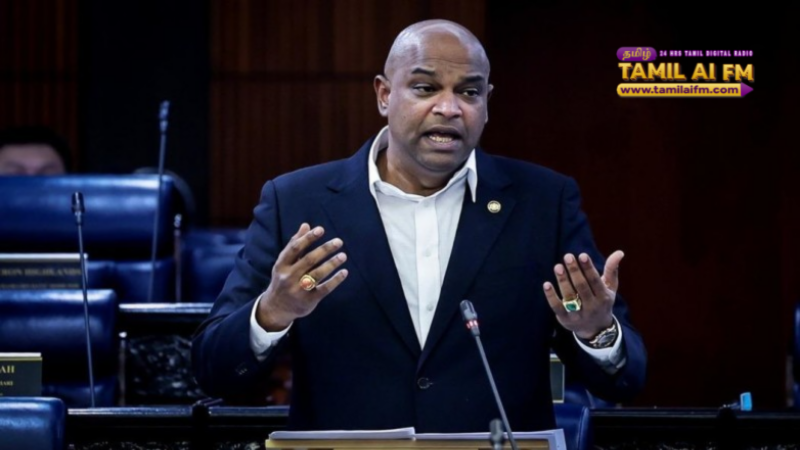PUTRAJAYA — A total of 58,428 Form Four students screened since 2016 have been detected as thalassemia carriers, said Health Minister Datuk Seri Dr Dzulkefly Ahmad.
He added that they are part of the 1.8 million students who have undergone the screening after getting permission from their parents or guardians.
"We have implemented this thalassemia screening since 2016, focusing on 16-year-olds after the Education Ministry granted its approval to the 3K (Cleanliness, Health and Safety) Main Committee.
"It's important for us to mention that this screening is carried out for Form Four students or through the outreach programme in schools,” he told reporters after officiating the 2nd National Conference for Thalassaemic and Carers 2025 here today.
Dzulkefly said that the thalassemia screening programme for Form Four students since 2016 has seen the rate of new births with thalassemia consistently decreasing.
"This makes it very clear that it is a (method) that achieves good health outcomes because the effect of this screening is to discourage marriages between carriers,” he said.
He added that the screening increases people's awareness to know their thalassemia status and to make suitable partner choices.
"We carry out screening and conduct several counselling sessions so that they know that they must avoid having partners who are also thalassemia carriers,” he said.
Earlier in his speech, Dzulkefly said the Ministry of Health (MOH) aims to reduce new thalassaemia births by at least 50 per cent within the next decade through the nationwide expansion of premarital and antenatal screening programmes.
"The MOH is enhancing the digital integration of screening data within the national health system to improve accuracy and follow-up efficiency, while developing a National Thalassaemia Risk Dashboard to map high-risk districts and guide targeted awareness programmes,” he said.
He added that through the MyThalassaemia Registry, the MOH is building a national picture of disease burden and outcomes, which will also serve as the foundation for future clinical research and precision medicine initiatives.
"We are also exploring collaboration with the Ministry of Women, Family and Community Development and the Ministry of Human Resources to improve welfare access and flexible work options for long-term caregivers,” he said.







